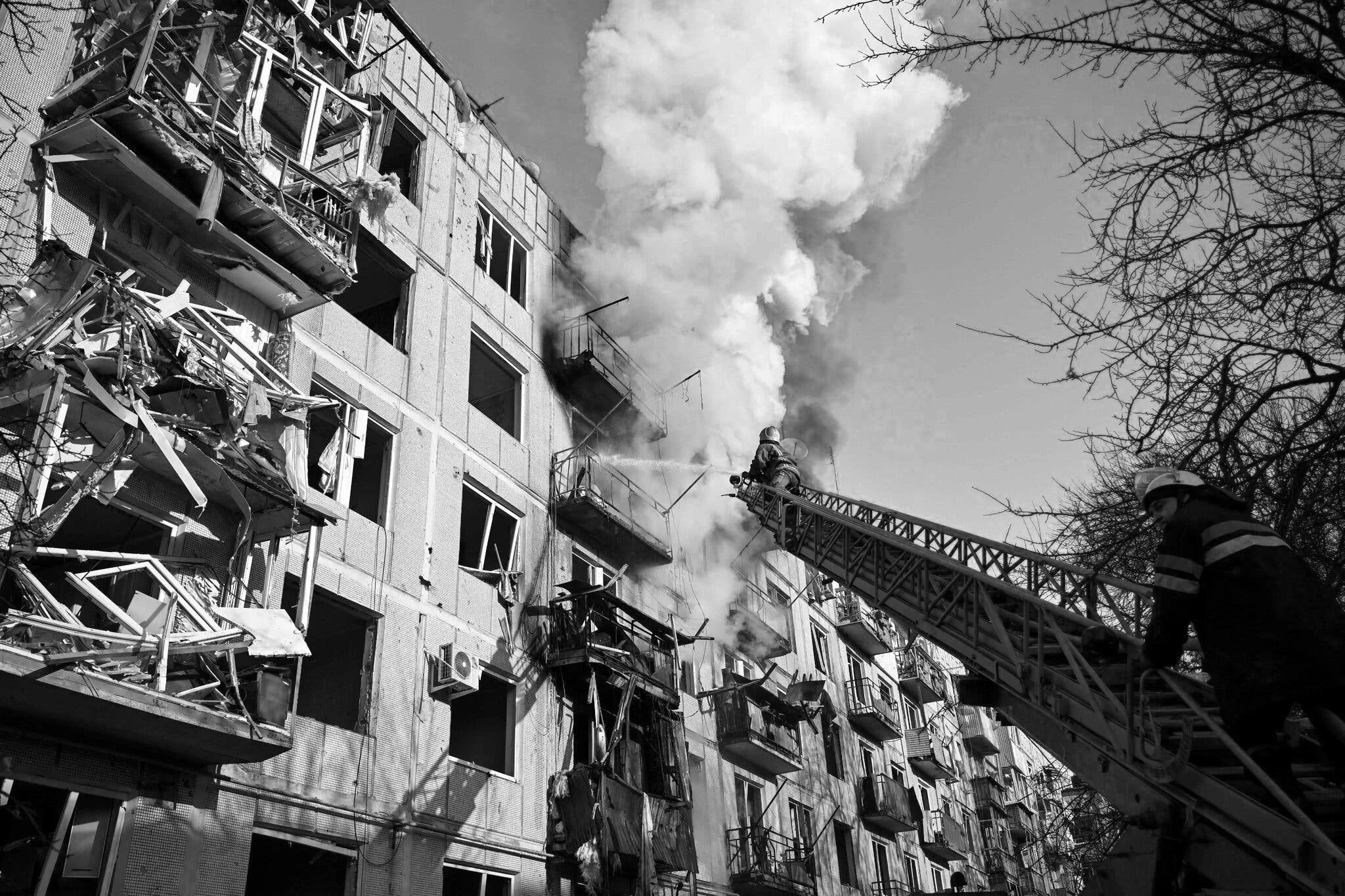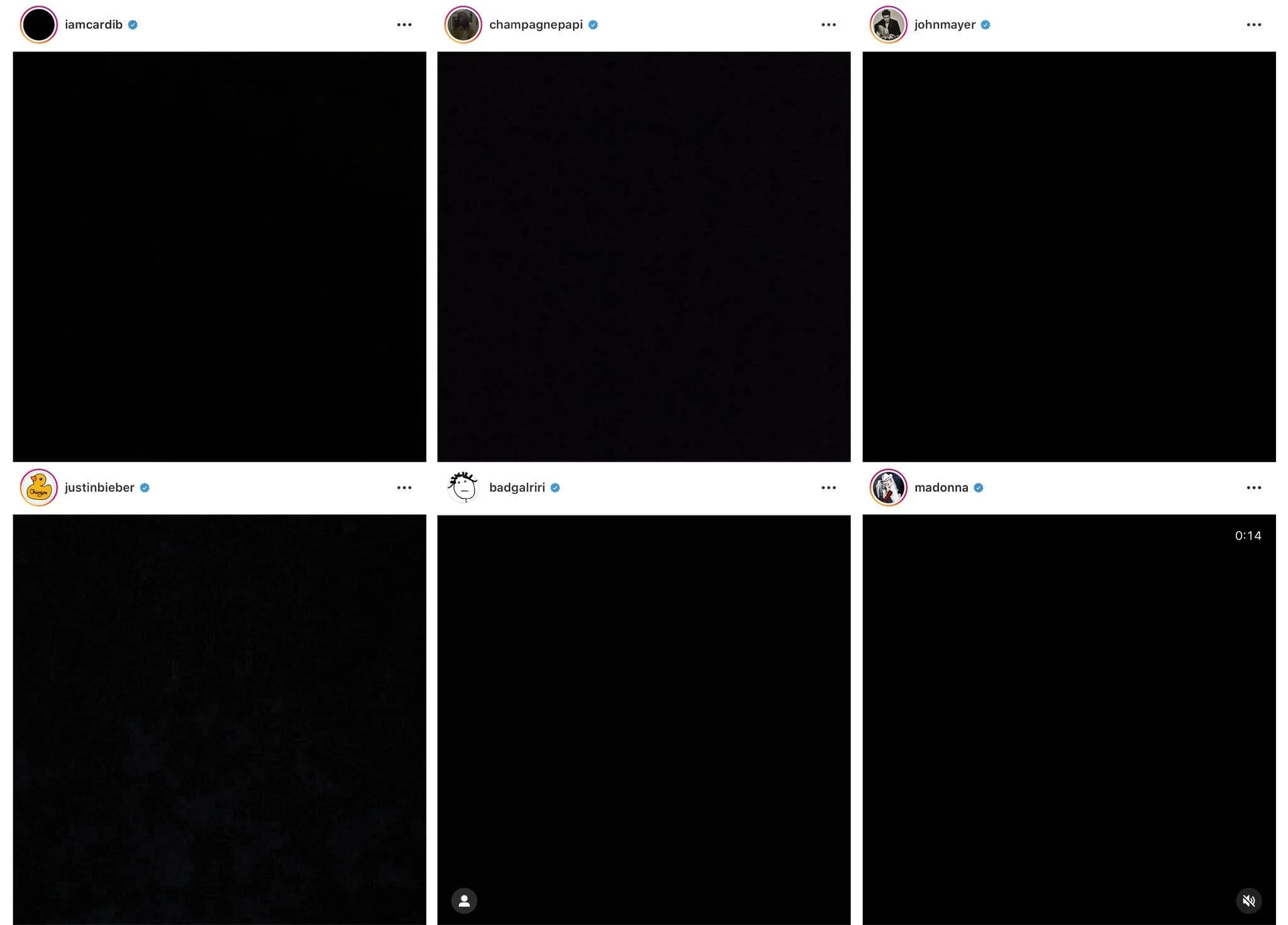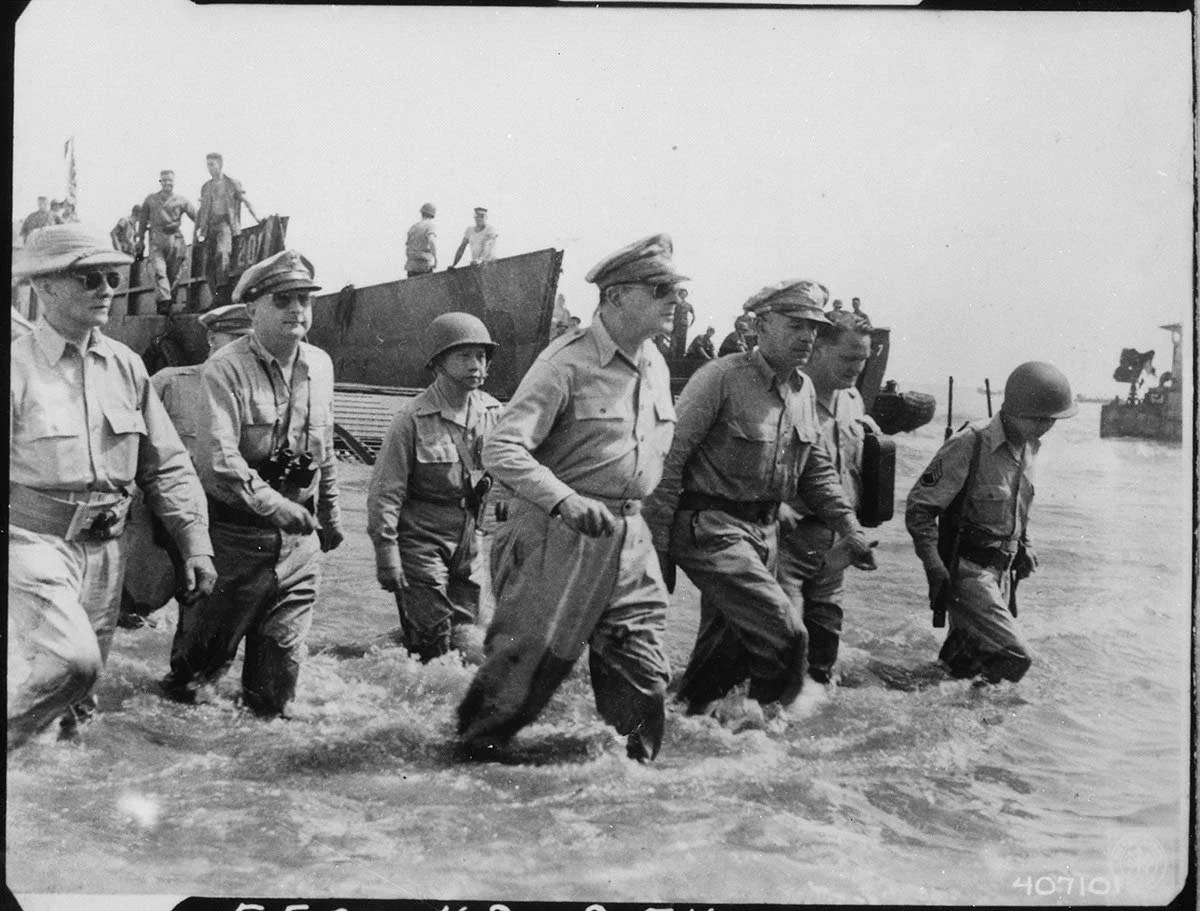
REFLECTING THE REAL WORLD
Hello,
I love writing this thing. It’s the glimmer of joy during busy weeks. It keeps me up to speed. It makes me feel like I’m producing something of value at my place of work. It lets me be creative. If you all weren’t here, I would probably still write it. I’d write it if the open rate were .01%. Although, at that point, I’d probably be asked to stop writing it. And I don’t know what the open rate is. I should figure that out.
But I also like doing it, selfishly, because it makes me better at my job when I stop and listen. When I spend the time to reflect on what’s ACTUALLY happening in the world around me versus simply listening to the insights gleaned from research conducted by fellow marketers in an echo chamber. I like to imagine even if all you’re doing is laughing AT me and not WITH me, you’re ALSO learning something about the world of culture, specifically online culture, when you read ATH...
The digital world is a reflection of the real world.
It connects us deeply. It also divides us. It creates tension. It proliferates misinformation. It gives average people platforms. Sometimes, average people who probably don’t need a platform. The internet can spawn and perpetuate hate. It can traumatize people. But learning about the realities of the spaces in which we market, and not just the functionality of them, is imperative. I will never stop beating this drum. “Did you see the Tweet where…” will be on my headstone.
I struggle with how to address the war in Ukraine unfolding on our phones. Because it’s what’s being discussed, I have to and want to, write about it. But again, the digital world is only a reflection. While all of us in America are watching TikToks, there are real bombs going off. While we’re reading Twitter threads, real people are being displaced. While we’re commenting “thoughts and prayers,” people are dying. Americans are tweeting that they are tired. They’re tweeting about WorldWar3 as a joke. They’re making memes about a conflict that has real human life consequences. And everyone just sort of… accepts that.
If you were keeping track of the relations between Ukraine and Russia prior to Wednesday then you probably had a sense that something very real was inevitably going to happen. But — I imagine many of you were not following the conflict to that degree. That’s okay. You’re not alone. It’s impossible to keep up with every single thing that’s happening in the world. I do not come here to pass judgment or to shame anyone unfamiliar with the complex history of Eastern Europe.
What I want to draw your attention to, however, is the online reflections of this crisis in our American culture.
Our reactions to a physical war (not an ideological or political one) happening far from our soil is being recorded in real time. It’s a historian’s dream come to life - a digital trail of horror, fear, frustration, outrage. And yet, for some reason, Americans felt it necessary to go online and parade their emotions for clout and sympathies.
I found myself reading memes, that while accurate and funny, seemed… idk… weird? I saw people post Instagram stories that were simply a Ukrainian flag with the single tear emoji (😢) on a black background.
I saw people tweet about how they were tired and “not okay.” And the question is - why do we do this? Why is this part of our American culture to center ourselves and provide a commentary in the digital world when we take little action in the real world?
I think about Blackout Tuesday —
A day in 2020 following the murder of George Floyd that was supposed to encourage a day of silent reflection. What happened was everyone and their mom posting a black square to social media that made those that chose not to feel like they were insinuating something unacceptable about themselves. But drawing attention to a problem is not action. I ask this kindly, as a reflection - if you posted a black square on that day, what action did you take next? What did you do to drive change?
Our obsession with the internet is not a bad thing - it’s brought a lot of progress to our world, specifically to this country.
I love that I can now do my job from my apartment in sweatpants and stare at my dog when having a panic attack rather than finding a quiet space in a bathroom.
I also hate that half the time the internet is filled with vapid promises of connection that devolves into a competition of “who cared more.” Or worse, a space to mock and make light of atrocities merely because a group with a platform is unaffected.
The conflict in Ukraine is being mirrored online for millions upon millions of people to watch. It’s a truly unbelievable time to be a human in 2022. To be able to watch war unfold from the palm of our hands via video when, previously, the traces of war were felt through written letters, grainy photographs, and painstaking retellings.
As war has evolved, so too has our access to it. So I struggle with how to address this because what I really wish I could say to American digital culture is: grow up! There is so much value in what you can learn from this situation. And yet, so many people are using this moment, this hugely pivotal moment in world history, for entertainment or for validation.
As much as I love to write this newsletter, it’s not always easy to write. Today is a day when I don’t know what to say. I love words. I use way too many of them. All of the time. I think the #1 thing to work on in my review is going to be: “plz stop rambling on client calls about how much you love TikTok.” But words do no justice to certain events, moments, or feelings. It doesn’t feel right this week to come here and talk about Kanye West and Julia Fox and trending memes and TikTok sounds. So I’m not going to.
Today we’re ending ATH… with some resources if you are interested in taking direct action to help those in Ukraine:
-

Voices of Children
is a Ukraine-based aid organization that provides psychological support to children who have witnessed war.
-

United Help Ukraine
is an American nonprofit currently raising money to send first aid kits and other humanitarian aid to Ukraine.
-

UNICEF
provides key emergency interventions for children and families caught in the conflict in Ukraine.
-

CARE
is a humanitarian organization providing immediate aid via the Ukraine Crisis Fund.
-

International Medical Corps
is preparing to deploy mobile medical teams to help with emergency medical crises both physical and psychological for Ukrainians.
-

RAZOM FOR UKRAINE
is a NYC-based organization raising emergency funds to purchase medical supplies for territorial defense forces in Ukraine.
Loveyoualways,
JT




